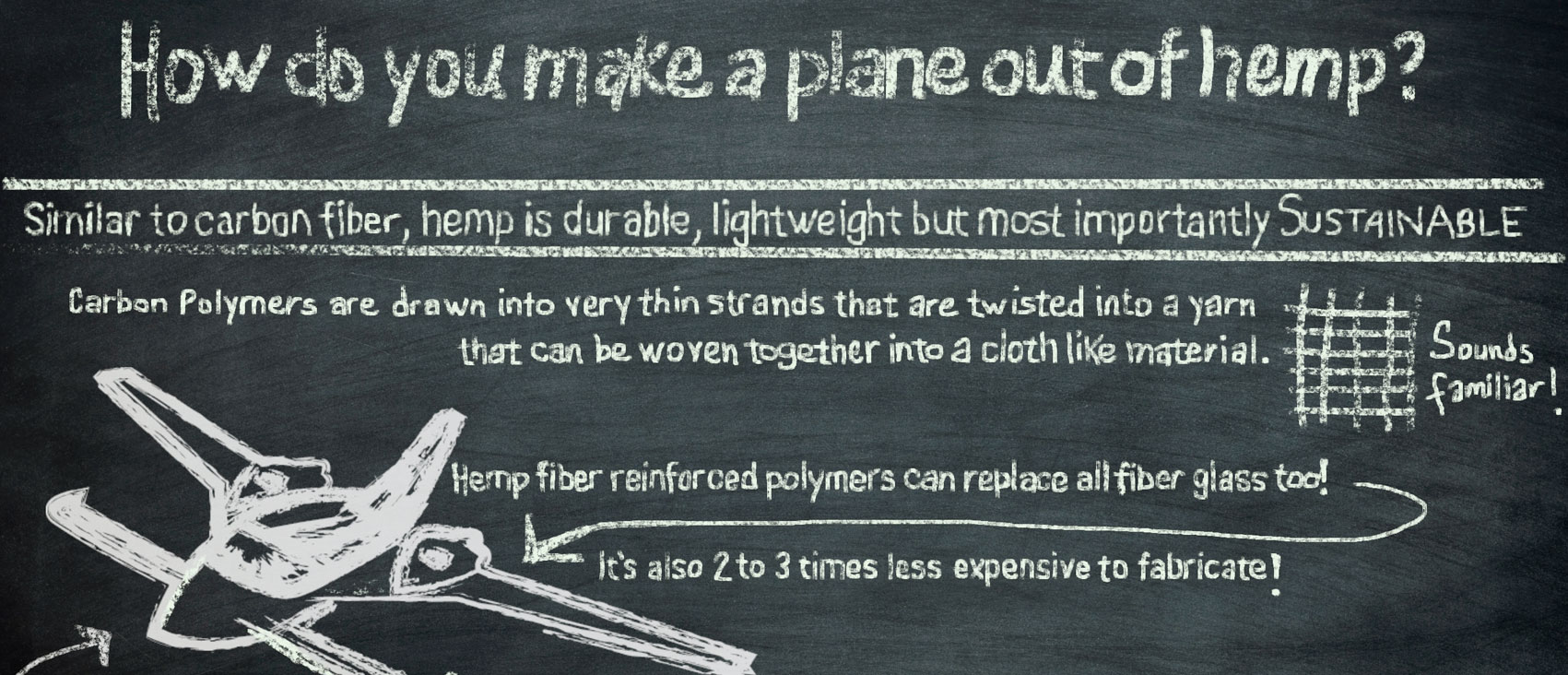Make Money Off the New CashCrop: Marijuana Technology
Marijuana Technology Advancements: Top 10 Technology Opportunities for 2017
Marijuana in the United States has taken a few steps forward this year… in fact, let’s just call it what it is – a giant leap! Today, there are almost 30 states across the U.S. where marijuana is legal. Today you can see how much we have learned in the current marijuana technology advancements.As the cannabis industry continues to push forward the technology that provides us with some of the highest-quality marijuana we’ve ever seen in the states, we wanted to take a look at some of the leaders in the industry who are pushing the envelope, right now.
Here are the top picks for the top 10 marijuana technology advancements, and the opportunities they help create for 2017:
- Industrial Cultivation. Marijuana greenhouses are not what they were ten years ago, and neither is the technology under the roof. Just one example: GrowLite is lighting company and full accessory line featuring revolutionary marijuana technology advancements. Made with proprietary Growlite® Reflectors, they are the ONLY UL listed grow lights on the market. As growers continue to challenge what’s possible both inside and outside greenhouses, the marijuana industry can expect more advancements in industrial cultivation. You can also look for advances in genetic modification, growth optimization techniques, and nutrient solutions – all of these sectors are working hard to deliver a more economically efficient, and consistent product.
- Laboratory Testing. Now that state governments are involved in the cultivation of cannabis for medicinal use, there are tight regulations on what that medicine contains in the way of active cannabinoids (Cannabigerols (CBG), Cannabichromenes (CBC), Cannabidiols (CBD), Tetrahydrocannabinols (THC), etc.) So today, marijuana strains are sent to cannabis analysis laboratories not only to be tested for percentages of those active chemical compounds, but also for the following: pesticide residue, mold, residual solvents, moisture content, and more.
- Regulatory Compliance & Privacy Applications. From seed to smoke, marijuana is now subject to strict government regulations. From here on out, safe and legal marijuana sales may also include tracking.
- Manufacturing & Derivatives. It is estimated that 41% of marijuana profits are from sales of marijuana extracts, concentrates, edibles, and topicals. As marijuana product companies continue to innovate new flower strains, concentrates and cannabis infused products, marijuana products just keep getting better. The next five years should usher in pharmaceutical-grade marijuana products.
- Web Presence Management. Just like any other company, marijuana companies need branding, online marketing efforts, and a staff that understands the ever-changing landscape of digital platforms. Today’s successful marijuana company has mobile visibility, social media and a digital strategy that works.
- E-Commerce. The web is where it all happens. Now that cannabis companies have an online presence, they will also begin to ship to all 50 states – yes, 50. That’s because now, not all marijuana products contain THC (Tetrahydrocannabinol) the psychoactive compound in marijuana. In the next five years, CBD-only products will be shipped to any state, and delivered right to your door.
- Financial Technology & Payment Processing. The current regulations make it close to impossible for cannabis companies to process payments. The strain on marijuana businesses to overcome borrowing & lending hurdles, payments and collections is pushing marijuana technology advancements forward.
- Mobile & On-Demand. Tech in 2016 is going to cater to the mobile world. Plan to see marijuana technology advancements keeping up with mobile tech, for more social, and logistical productivity.
- Advertising Technology. Advertising is not exclusive to the T.V. anymore. Cannabis companies need to integrate intelligent ad servicing and include current marketing techniques to reach today's marijuana customer.
- Government Research. Until now, the U.S. Drug Enforcement Agency, (DEA) had marijuana classified as a Schedule I drug under the Controlled Substances Act, meaning that it was off limits for research. Now that so many states have legalized medical marijuana, the DEA has softened the rules on researching marijuana. This will make scientific studies on marijuana not only legal, but much more comprehensive, and frequent.
 With legal marijuana reaching across so many states, the cannabis industry is growing rapidly, and the marijuana technology advancements are keeping pace right along with it. This progress is expected to continue, and if the earlier profits (Colorado $996 million in 2015) are any indication of where the legal marijuana is headed, the future is bright!
With legal marijuana reaching across so many states, the cannabis industry is growing rapidly, and the marijuana technology advancements are keeping pace right along with it. This progress is expected to continue, and if the earlier profits (Colorado $996 million in 2015) are any indication of where the legal marijuana is headed, the future is bright!

